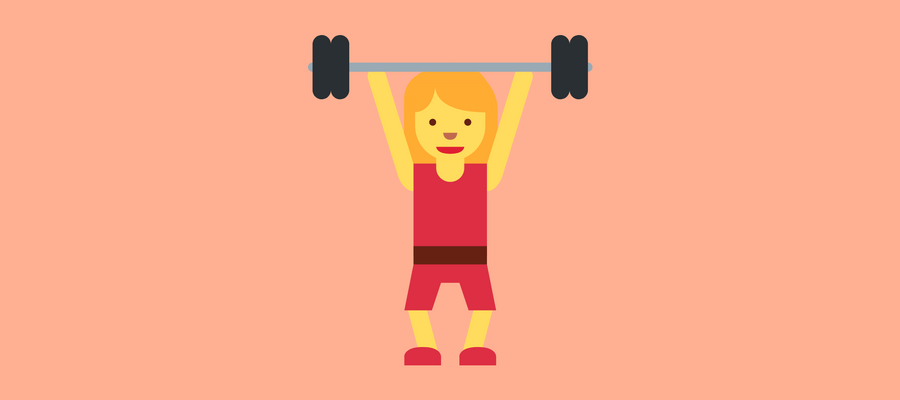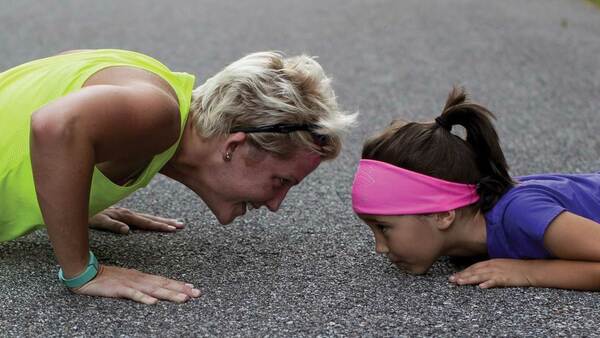
How intense should my exercise be?
Exercise is proven to reduce anxiety. I talk a lot about this in Do More, Worry Less: Small Steps To Reduce Anxiety. But what exercise should you do? And at what level of intensity do you need to work to get the benefits?
Until now, the evidence has not been clear. However, a new review1 by a team at Shenzhen University have collated the evidence from over a dozen different studies to look at the overall patterns.
Here is what they found:
Type of exercise
When it comes to how the body generates energy, there are two main types: aerobic and anaerobic.
With aerobic, the body uses oxygen to convert the body's stored energy into usable energy. Examples of this are walking, jogging, cycling and any other "cardio" activity.
In contrast, anaerobic is exercise done without oxygen. Here we are talking about high explosive activities such as weight lifting, sprinting and plyometrics. Because it happens so fast, the body doesn't have time to use oxygen.
Both are effective. However, this paper suggests that anaerobic may be particularly effective for reducing anxiety. Why this is is not clear, but could be related to the release of brain-derived neurotrophic factor (BDNF) or because it is easier to see your progress and stay motivated.
Intensity
The best intensity to work at was moderate. Not too hard and not too easy.
This makes sense because easy doesn't really work the body whereas hard exercise is pretty unpleasant and you need a lot of motivation to stick with it.
Duration
How much exercise do you need to do? The answer may be less than you think.
Most studies found that 10 minutes of exercise was sufficient to improve mental health, although others suggested it may need to be up to half an hour. However, there was a general agreement that going beyond 30 minutes was not beneficial.
Bear in mind that to maintain your physical health, you should be doing 75 minutes of intense exercise or 150 minutes of moderate exercise per week. Therefore, I would recommend you aim for 30 minutes to get the maximum benefit for both your mental and physical health.
Conclusion
This new study reinforces the idea that exercise is brilliant for our mental health, as well as our physical health.
We can get the benefits from exercise by doing as little as 10 minutes of it. However, for optimum health, we should be aiming for 10 minutes every day or half an hour several times per week.
Anaerobic exercise such as weight lifting may be slightly more beneficial than aerobic. However, the most important thing is that you do it. So, pick something you enjoy and do that because that is what will keep you motivated.
Related articles
Metadata
Published 7 January 2019. Written by Chris Worfolk.
References
-
John S. Y. Chan, Guanmin Liu, Danxia Liang, Kanfeng Deng, Jiamin Wu & Jin H. Yan (2018) Special Issue – Therapeutic Benefits of Physical Activity for Mood: A Systematic Review on the Effects of Exercise Intensity, Duration, and Modality, The Journal of Psychology, DOI: 10.1080/00223980.2018.1470487 ↩︎

